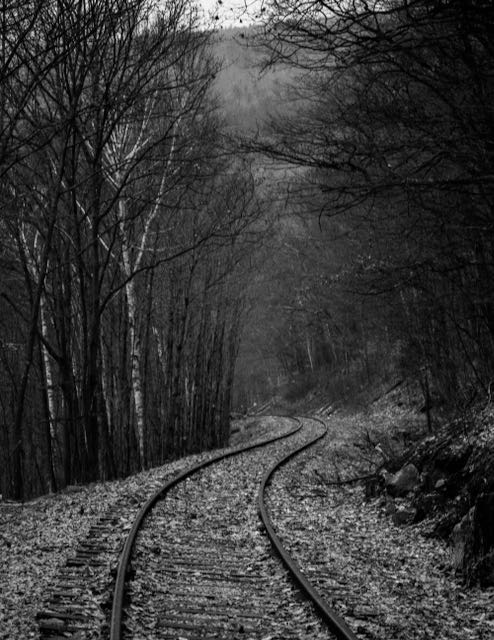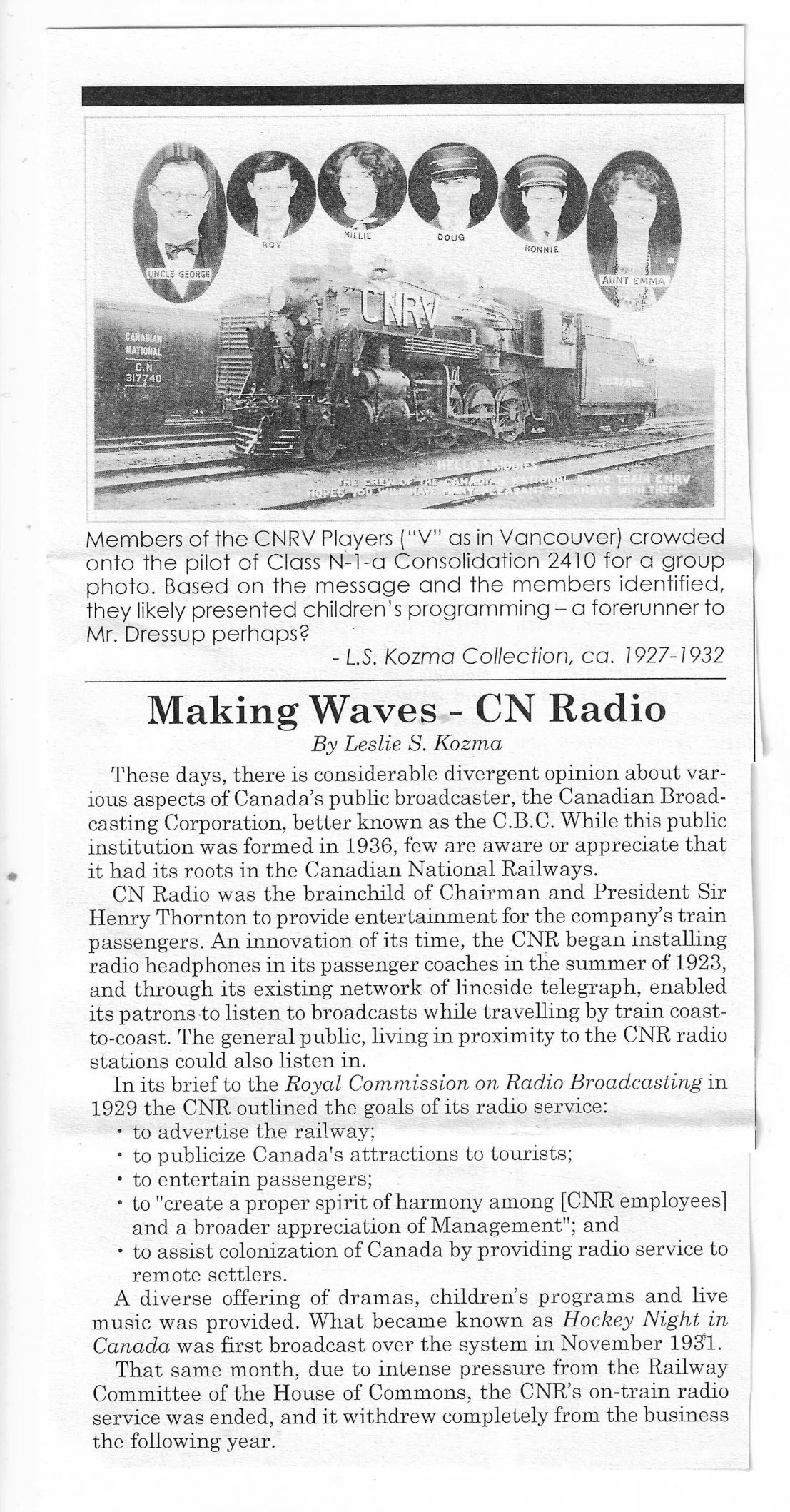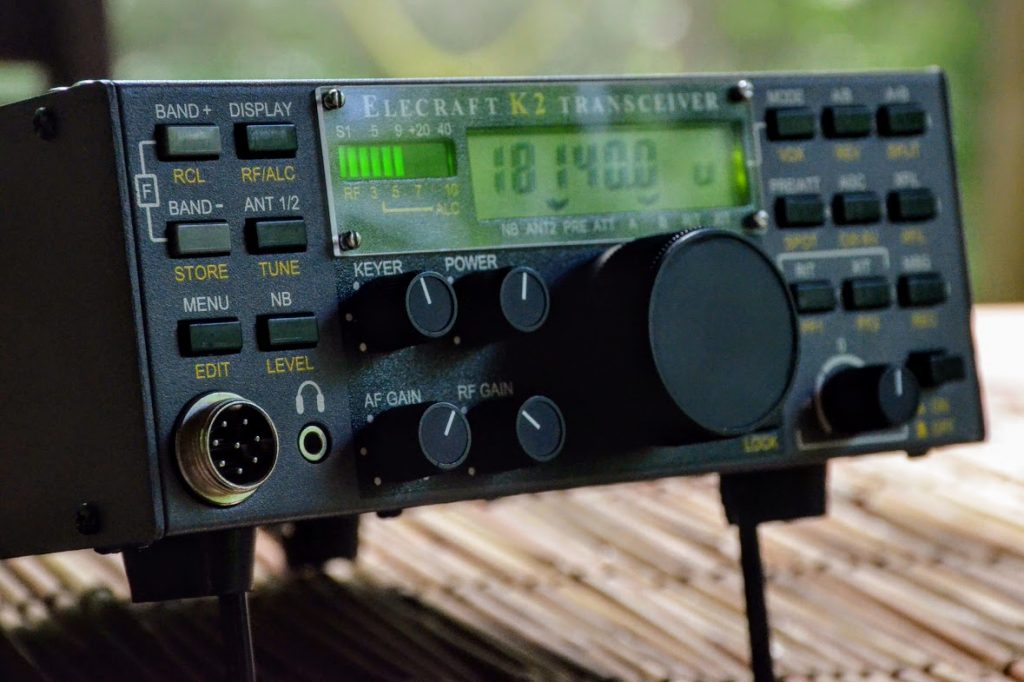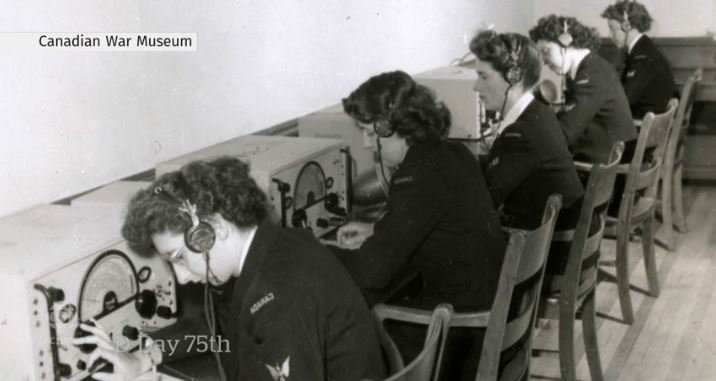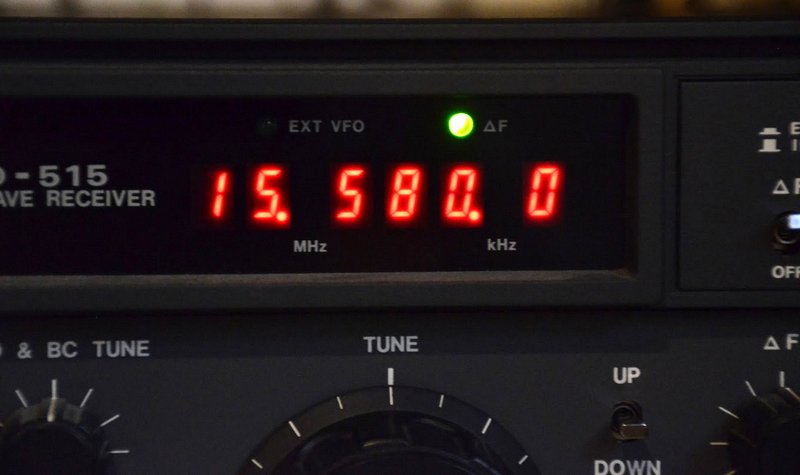 Radio Waves: Stories Making Waves in the World of Radio
Radio Waves: Stories Making Waves in the World of Radio
Because I keep my ear to the waves, as well as receive many tips from others who do the same, I find myself privy to radio-related stories that might interest SWLing Post readers. To that end: Welcome to the SWLing Post’s Radio Waves, a collection of links to interesting stories making waves in the world of radio. Enjoy!
Many thanks to SWLing Post contributors Adid, Joel, Michael Bird, and Mike Terry, for the following tips:
As many as 40 local television outlets and 200 Canadian radio stations could be forced to close in the next three years as the financial pressures faced by media companies intensify under the COVID-19 pandemic, suggests a new study from an industry advocacy group.
The Canadian Association of Broadcasters issued a report on Wednesday warning of potential closures and widespread job cuts as private TV and radio broadcasters face a cumulative projected revenue shortfall of up to $1.06 billion by the end of 2022.
Most vulnerable are the country’s AM radio stations, the report said, as well as other independent private radio and TV operations in smaller markets across the country.
The study, titled “The Crisis in Canadian Media and the Future of Local Broadcasting,” was commissioned by the CAB, which represents the majority of private broadcasters in Canada, and conducted through Winnipeg-based independent media economics consultancy Communications Management Inc.
More here:
https://www.boundary
creektimes.com/business/media-study-says-hundreds-of-canadian-radio-stations-tv-outlets-risk-closure/
Replacement of stations with single national outlet described as act of ‘breathtaking cultural vandalism’
Dozens of regional radio stations have been replaced by a single national outlet, in the latest blow to an industry that has seen deep cuts in recent decades.
Outlets across England and Wales owned by Bauer Media – ranging from Wolverhampton’s Signal 107 to York’s Minster FM and Salisbury’s Spire FM – will now broadcast under the single brand Greatest Hits Radio.
Critics said the move was the death knell for traditional mid-sized commercial radio stations, with only a handful of truly independent local radio outlets remaining.
Most of the outlets affected had their own locally employed presenters and management and their own studios in the towns and cities they served. Now, most of the stations on the new network will carry national programming for 20 hours a day.[…]
For a behemoth that now dominates the local AM radio dial, its beginnings were surprisingly humble.
One hundred years ago Thursday, WWJ radio — Detroit’s very first station — was born when Detroit News publisher and radio enthusiast William E. Scripps had a 200-watt transmitter set up in a corner of the sports department. (Today? It’s 50,000 watts.) WWJ will air a special show, “WWJ at 100, a Century of News,” at 7 p.m. Thursday to celebrate.
WWJ wasn’t just first in Detroit. Depending on how you slice things, it was the first commercial broadcaster in the U.S., though when it went on the air that Aug. 20 a century back, it was probably picked up by only a few dozen households in possession of what was, at the time, shockingly high-tech radio equipment.
Asked where he’d locate WWJ in American broadcasting history, Specs Howard, founder of the School of Media Arts in Southfield that bears his name, said without hesitation, “Oh, right near the top.”
One-time WRIF program director Fred Jacobs, now head of Jacobs Media Strategies in Bingham Farms, agreed, saying, “It’s really been a remarkable run, especially in a world where brands come and go.”[…]
At the Voice of America, staffers say the Trump appointee leading their parent agency is threatening to wash away legal protections intended to insulate their news reports from political meddling.
“What we’re seeing now is the step-by-step and wholescale dismantling of the institutions that protect the independence and the integrity of our journalism,” says Shawn Powers, until recently the chief strategy officer for the U.S. Agency for Global Media, which oversees VOA.
Voice of America’s mission is a form of soft diplomacy: to embody democratic principles through fair reporting and to replace a free press in countries where there is none. VOA and its four sister networks together reach more than 350 million people abroad each week.
Since taking office in June, Pack has upended the agency. In a podcast interview last week with the pro-Trump website The Federalist, Pack said he had to take action because many executives and journalists were disregarding the agency’s ethical standards.
“My job really is to drain the swamp, to root out corruption and to deal with these issues of bias, not to tell journalists what to report,” Pack told host Chris Bedford. Pack has declined NPR’s repeated and detailed requests for comment.
But it appears that Pack is, in fact, interested in influencing which stories get told, and how. The senior news editor who oversaw VOA’s standards and practices was reassigned to a corporate position earlier this summer and has since played no role in guiding coverage or scrutinizing stories flagged as problematic.[…]
This issue over 100 Pages Of Projects, News, Views and Reviews…
Amateur Radio News from the SW corner of Canada and elsewhere.
You will find articles, profiles, news, tips and how-to’s.
https://ve7sar.blogspot.com/2020/08/the-communicator-magazine-september.html
Clicl here to download the issue (PDF).
Do you enjoy the SWLing Post?
Please consider supporting us via Patreon or our Coffee Fund!
Your support makes articles like this one possible. Thank you!

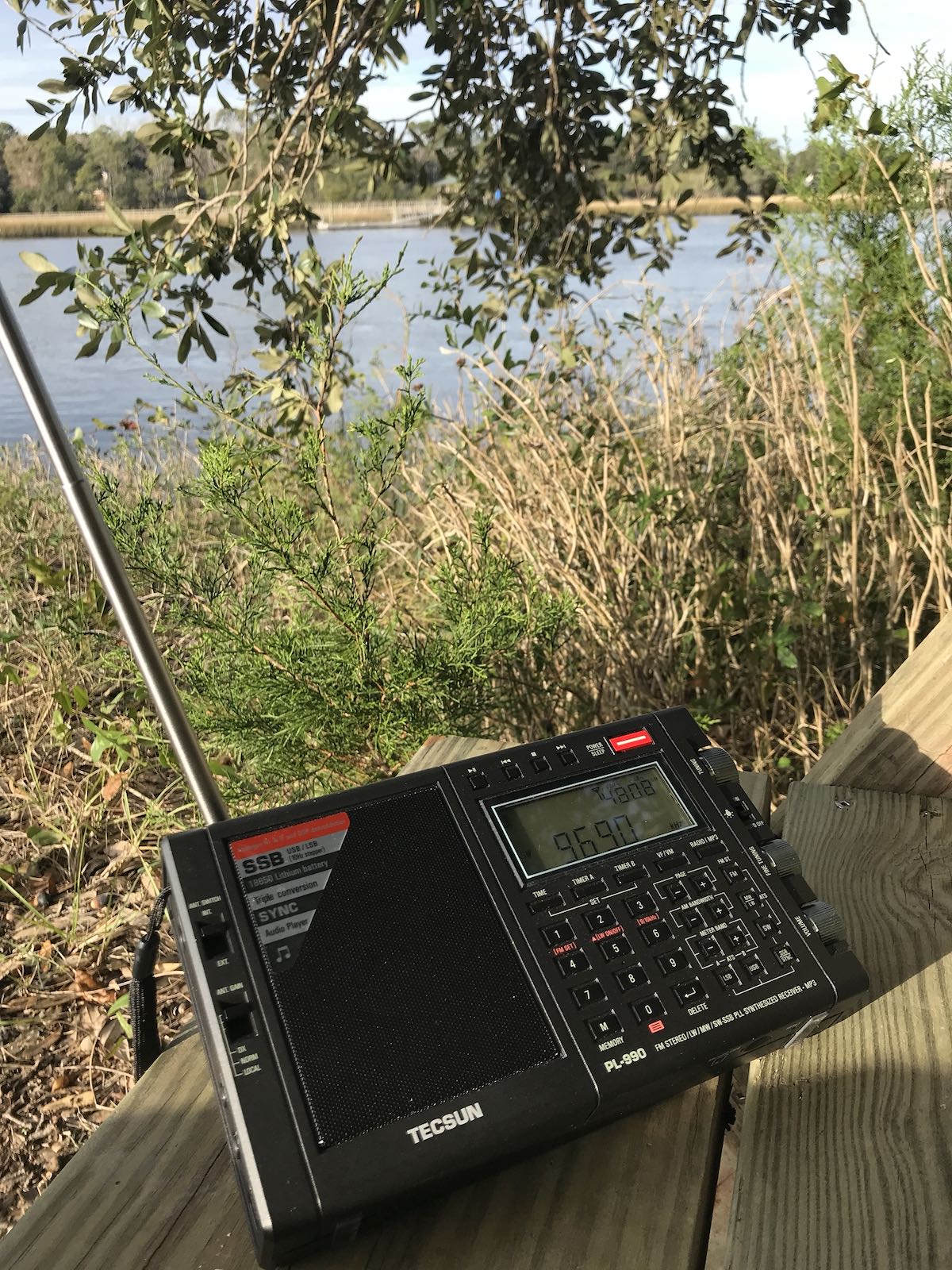 Many thanks to SWLing Post contributor, William Lee, who shares this story from CTV which focuses on the resurgence of interest in shortwave radio following the Russian invasion of Ukraine.
Many thanks to SWLing Post contributor, William Lee, who shares this story from CTV which focuses on the resurgence of interest in shortwave radio following the Russian invasion of Ukraine.
